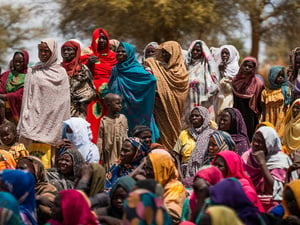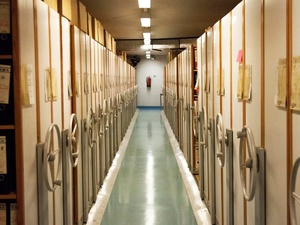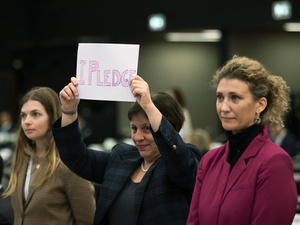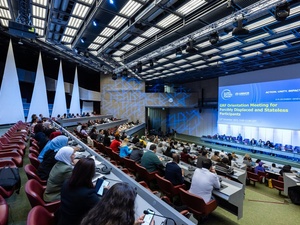UNHCR raises concerns about proposed revisions of Swiss asylum law
UNHCR raises concerns about proposed revisions of Swiss asylum law
27 July 2004
GENEVA - The UN refugee agency said on Tuesday that it had submitted comments on the new proposals to modify the Swiss asylum law to the Federal Office for Refugees, listing a number of concerns about the proposals as they now stand.
UNHCR said that these were intended to contribute positively to the process of drawing up new legislation that served the interests of Switzerland while simultaneously safeguarding established international standards designed to protect refugees. Such comments are part of its normal work in supervising the implementation of international refugee law, including the 1951 Refugee Convention.
UNHCR stressed the need for efficient asylum systems. However, efforts to achieve efficiency should not be at the cost of principles of fairness. UNHCR suggested that some of the proposals made by the Federal Office for Refugees are focused on restricting access to the asylum procedure, and said this risked running counter to the spirit and the letter of the 1951 Convention. Instead, the agency suggested a number of measures to increase efficiency while ensuring asylum seekers can still gain access to a fair system.
UNHCR further noted that the proposals appear to be made at a time when the number of asylum seekers has dropped sharply across almost all of Europe, including Switzerland. UNHCR observed that there appears to be no need for governments to focus so single-mindedly on restrictive revisions of their asylum laws. UNHCR also indicated that another way to continue reducing the number of refugees coming to Europe is to focus much more attention on solving problems in the regions where they are coming from.
In this context, UNHCR said it was seriously concerned that the proposed restrictions, on access to a normal asylum procedure to persons who cannot submit valid travel or identity documents within 48 hours, could lead to breaches of the 1951 Convention. Many refugees are not able to obtain national passports or identity papers before fleeing their homeland. If they are being persecuted by the authorities, they cannot go to those same authorities to request the necessary documents. In some countries people may never even have been issued such documents, or they may have been confiscated or destroyed. In other cases, the documents of genuine refugees entering Europe are either stolen or destroyed by the smuggling networks into whose clutches they have fallen.
The same applies to persons otherwise eligible for humanitarian status. UNHCR has welcomed the introduction of the concept of humanitarian status, as this would fill an existing gap in the asylum system. UNHCR expressed particular reservations on the new proposal to grant humanitarian status only to people able to present certain identity documents. This would prevent deserving asylum seekers (including people fleeing war or generalized violence) who do not fall under the strict definition of the 1951 UN Convention from receiving adequate international protection.
In making these points, UNHCR said it fully recognizes the principle that asylum seekers should cooperate with the authorities in the host country, as mentioned in Article 31 of the 1951 UN Convention. They should, however, be afforded an opportunity to have their claim heard. It further added that a lack of documentation could under certain circumstances call into question the credibility of the asylum seeker, when examining the claim on its merits.
UNHCR is also concerned about the proposal to share data with the asylum seeker's country of origin after a first instance decision. The UN refugee agency said that such information-sharing should only be permitted when it is definitively determined that a person does not have a genuine fear of persecution in his or her country of origin - in other words after the completion of the asylum procedure, including appeals. Otherwise, the possibility increases that the asylum seeker or family members could be put at risk.
UNHCR further stressed that the challenges to migration and asylum systems in Europe are multi-faceted and will require a global approach over the coming years. They cannot be resolved in isolation. More resources need to be allocated to crisis areas, either to prevent fledgling conflicts spinning out of control, or to provide support to countries in the region hosting most of the refugees. More attention also needs to be paid to establishing regular migration channels that would undercut the existing smuggling networks.









